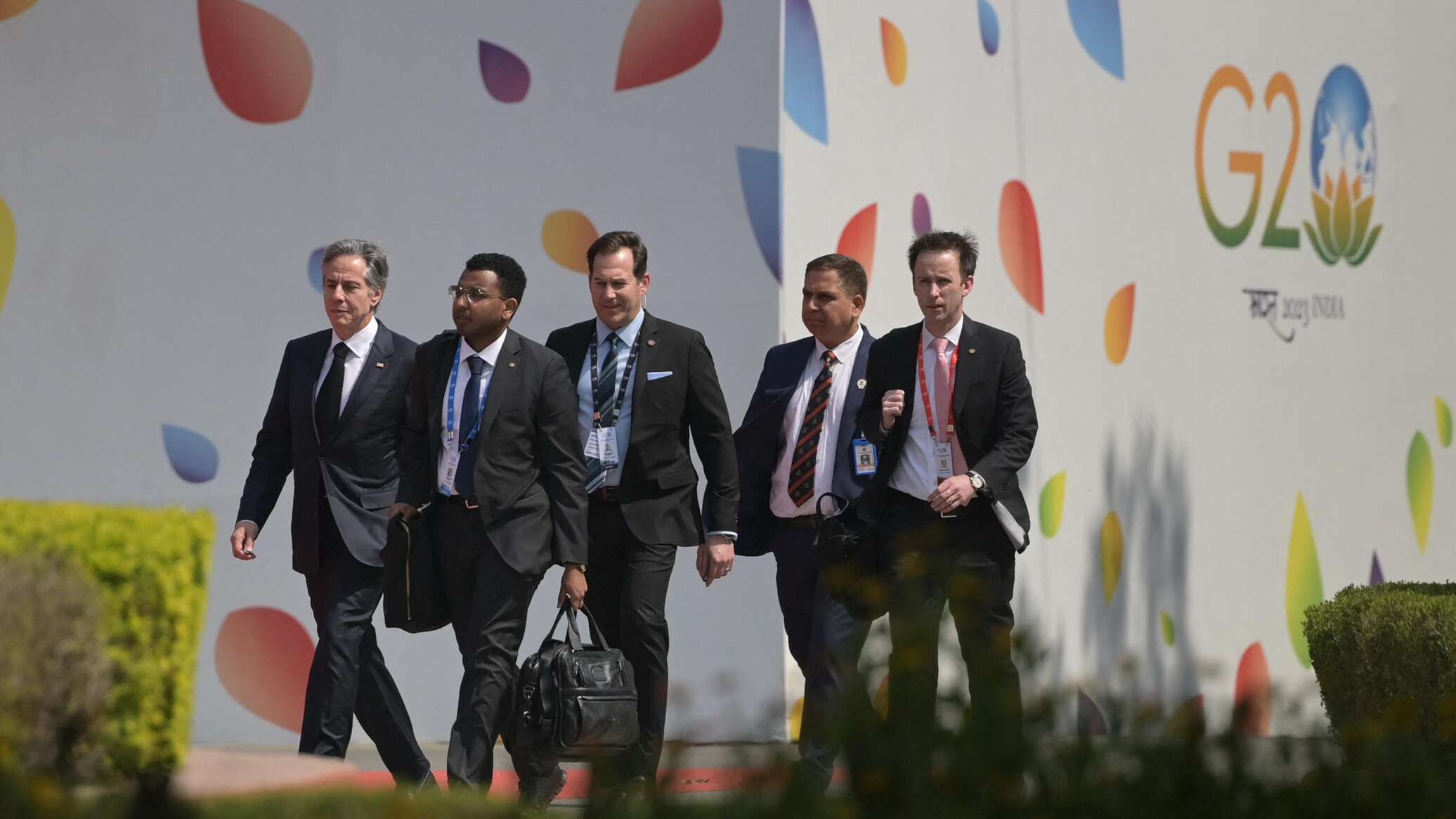Morteza Makki told the Strategic Council on Foreign Relations that the recent meeting of finance ministers of the member countries of G20 in India demonstrated the alignment of the great and emerging powers of the world after Russia attacked Ukraine.
He added that although this structure was seriously considered by prominent and emerging powers after 2008 to face the financial crisis after Russia attacked Ukraine, many political, economic, and security equations in the world changed. Its consequences manifested themselves in this meeting.
Stating that these changes had many consequences for the role of countries in the regional and global arena, he added that some countries changed their alignment during Russia’s attack on Ukraine and clarified their convergences. Of course, some emerging economic countries and influential powers in the world arena also tried to adopt a cautious and conservative policy and adjust their positions and policies regarding Russia’s attack on Ukraine according to their national interests and security.
This analyst of European affairs said that such countries as China, India, Indonesia, Turkey, South Africa, and Saudi Arabia are emerging economic countries that tried to sustain their relations with the West while maintaining their ties with Russia in the meeting of the Group of 20.
Makki emphasized that what happened at the G20 summit was the transparency of the declared and applied policy of the members. In the course, some countries had to choose either to stand by Russia and against the West or Russia.
“Among these countries was China; This country has many interests in relations with the West, and at the same time, it is presented as a serious threat by the US and Europe. However, China showed that in the political and military alignment, if it has to choose, it will definitely and, of course, seriously support Russia.”
This expert on European issues said that although China was trying to make maximum economic use of the consequences of this attack to buy cheap Russian oil and gas, and in this way, Russia could neutralize Western sanctions, in terms of political and security, China adopted positions with the minimum tension with the US. In this regard, we can point to China’s abstention vote against Russia in the last session of the United Nations General Assembly, which shows that Beijing does not want to get into political and security tension with the West.
Recalling that Delhi tried to play a neutral role in the face of Russia’s attack on Ukraine so that its relations with none of the parties would be strained and damaged, he noted that “We witnessed two different behaviors from India at the G20 meeting. With India hosting the meeting, it tried unsuccessfully to moderate the West’s stance against Moscow and avoid the word “war” in the draft final statement that was to be issued against Russia.”
This analyst of European issues pointed to the holding of a quadrilateral meeting of “Quad” members between India, the US, Australia, and Japan on the sidelines of the central summit and said that in this meeting, India stood on the west side and was presented against Russia’s attack on Ukraine. This issue shows that India’s political, security, and economic priority is converging with the West, and where it is forced to choose, it will select the West. At the same time, it will try to maintain its relations with Russia in line with this policy.
He stated that we are in an international transition situation where the classification of power in the world is no longer based on the West or the East and is pyramid-shaped. Regarding the future of power competition, he said that the new world is a networked world where the superior, regional, and emerging economic powers, paying attention to the interests and requirements of the time, regulate and apply their foreign policy. There are no policies of orientalism or closeness to the West like in the past, but interests, national security, and time requirements determine the direction of foreign and security policies of countries.
Regarding the literature of some political officials of the countries or the analysis about the alignments between the East and the West, Mackey said that the Russians mainly raise these words because their interests require that a precise alignment be formed regarding the war in Ukraine so that they can better position this alignment in the direction of neutralization of Western sanctions. In this regard, the G20 meeting showed the realities of the international system.
Stating that countries such as Indonesia, South Africa, Turkey, and Saudi Arabia did not adopt any position against or in favor of any country, Makki said that their politics and interests are based on not being in line with the West or against Russia. And they do not accept that governments should put all their eggs in the basket of China or Russia or seek to secure their interests only in converging with the West. Such an approach shows that a fundamental understanding of the international system that has not been achieved will not achieve anything.
Referring to the lack of issuing a final statement at the G20 meeting, he reminded us that the structure of this meeting is not such that the US and Europe can impose their demands on other countries. This organization was formed based on the economic interests of the nations, and under it, most of the political stakes are somehow on the sidelines. A consensus was not reached regarding some clauses of the statement. The apparent opposition of Russia and China and the conservative policies of countries such as Indonesia, Saudi Arabia, Turkey, and South Africa prevented the meeting from reaching a final statement.










0 Comments